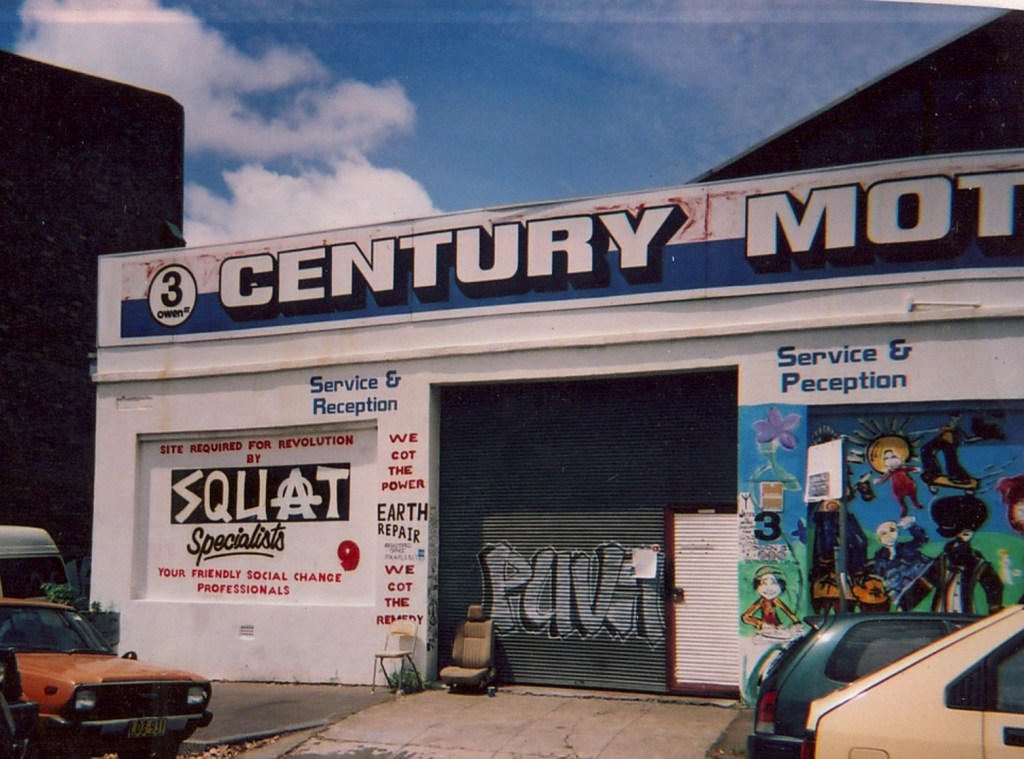On September 20th, 1991, Nirvana was four days away from releasing Nevermind, the album that would skyrocket them to fame over the following year. After a few European dates and a warmup show in their home town, they came to The Opera House in Toronto and kicked off arguably the most important tour of their career.
“The Opera House was pretty much the grunge club back then,” says Athena Ellinas-Towers, the venue’s general manager. “There was a lot less competition then. It was just us, the Masonic Temple, The Phoenix, and the RPM Nightclub (now Kool Haus).” That night was caught on tape in one of the most famous Nirvana bootlegs. What the band probably didn’t know was they were just the most recent in a century-long line of badass performers to take that stage.
Videos by VICE
Despite its name, The Opera House doesn’t host operas, and never has. Its surrounding neighbourhoods might be full of condos and young professionals today, but for nearly a century, The Opera House served as an entertainment centre for one of Toronto’s biggest working class communities. It has been a vaudeville house, a second-run movie theatre, and a concert venue, but opera? That would be too hoity-toity for The Opera House.
Step inside the old hall and its charm hits you right away. A decorative arch towers over the stage, the walls are made from beautiful worn wood, and a grand balcony sits guard over the rear. Built in 1909 an originally named La Plaza, The Opera House comes from a time when great care went into even the most local neighbourhood theatres. In an era before movies, before television, and before commercial radio, live theatre was one of the most popular forms of entertainment, and the local playhouse was a pillar of the community. In this case, The Opera House was a meeting place for residents of historic Riverdale and Leslieville, an area then on the outer edges of Toronto that that was home to brick factory workers and gardeners.

The Opera House was originally designed as a vaudeville theatre, offering one of many Toronto stops for shows touring across North America. It was a place for quick, easy, cheap entertainment, hosting five shows a day, every day, at its height.
After a couple decades, vaudeville dropped in popularity as Hollywood movies took over. La Plaza, like most vaudeville theatres, was retrofitted with a movie screen and hosted virtually no more live shows by the 1930s. It became the neighbourhood’s most popular movie theatre, showing a combination of second-run features and B-movies well into the 1970s. While not a place for premieres and first runs – those happened downtown – La Plaza remained a beloved fixture of its community. For a couple years in the 1950s , it even ran promos to attract female audiences, offering them free dinnerware, glassware, and silverware for attending male-oriented movies like Gentlemen Prefer Blondes and Young Wives’ Tale.
After a handful of name changes (it would also be known as The Acropolis, The Dundas, and The Cinema Ellas), The Plaza was pushed out of business in the 1980s by the rise of modern cineplexes. Aside from taking up some odd gigs, like hosting the musical Mamma, I Want to Sing, not much happened there for the next decade.
Then, The Opera House we know and love came onto the scene. The current buyers picked it up in July of 1989, gave it a facelift, and had its grand opening as The Opera House in December of that year. Since then, The Opera House has been one of Toronto’s most beloved concert venues.
In the early 90s, when it built its name as grunge club, it still had a neighbourhood to match. “Newspaper articles would say, ‘This person is playing at The Opera House, in a dingy part of town.’” Despite the area’s reputation, bands increasingly chose The Opera House for their gigs even when they didn’t have to. In 1993, Rage Against The Machine played a special show there for $6 per ticket. Six years later, Robbie Williams made a special appearance that had fans flying in from England for a rare chance to see him in an intimate venue.
The Opera House legacy goes on today, even as the neighbourhood has turned fancier and far more venues have popped up around town. For their 25th anniversary, they plan on making t-shirts with all the bands who have graced The Opera House’s stage. Here’s hoping there’s enough room.
Greg Bouchard is a retired opera singer – @GregoryBouchard




